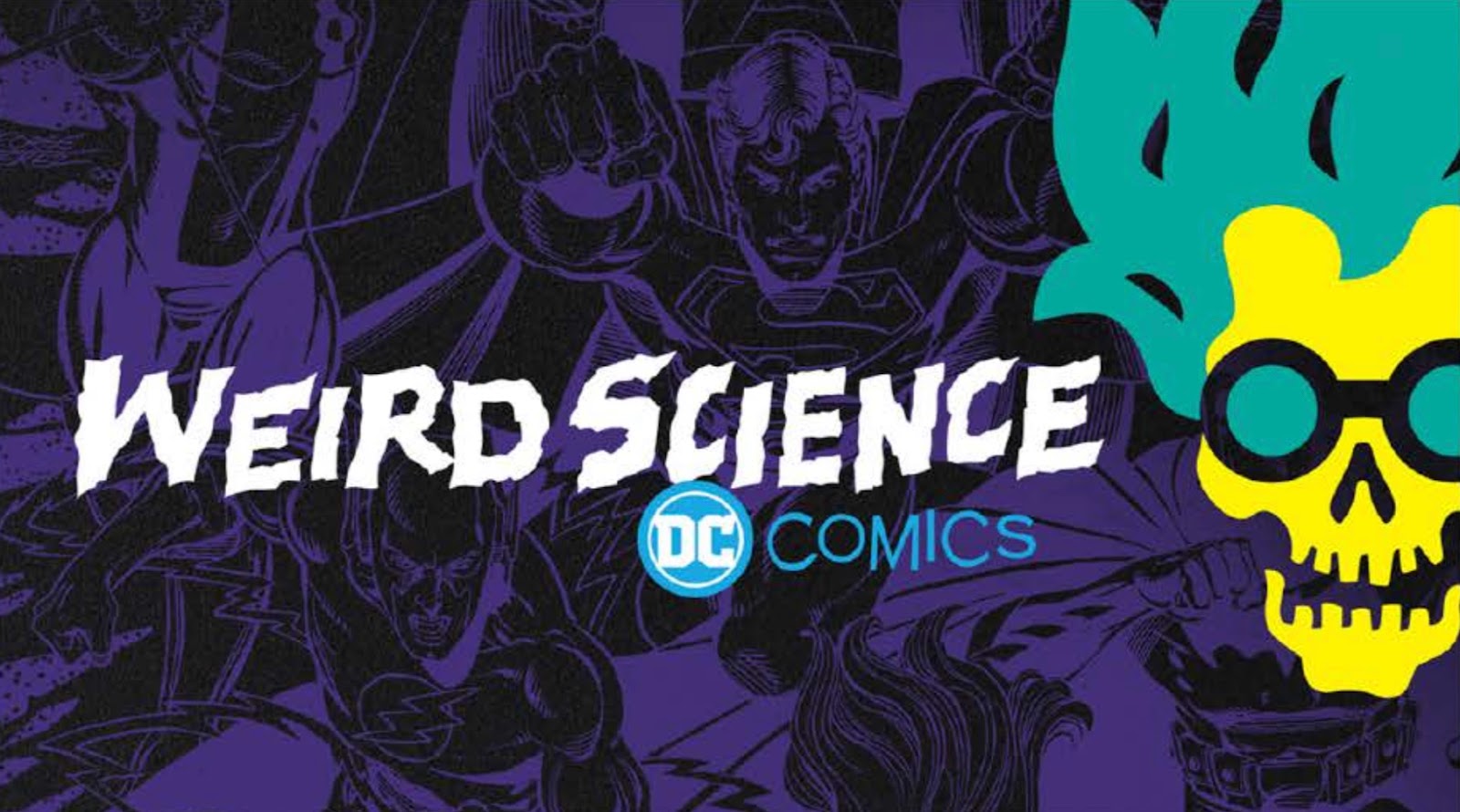 The Party's Over
The Party's OverWritten by: Mark Russell and Brandee Stilwell
Art by: Mike Feehan, Sean Parsons and Guy Vasquez
Colors by: Paul Mounts and Ross Campbell
Letters by: Dave Sharpe
Price: $3.99
Well, it’s finally here! The concluding part of Mark (The Flintstones) Russell’s satirical take on the famous Hanna-Barbera pink mountain lion. Will it be met with a wistful sigh of appreciative regret or a more straightforward sigh of relief? Let’s find out…
Having given us a dramatic confrontation with his secret lesbian nemesis Gigi Allen last issue, Russell ducks the need to show us the immediate aftermath of that confrontation, instead spooling time forward five years to show us a destitute Snagglepuss living a desultory, largely aimless life and reminiscing and ruminating and generally moping about. During the course of this issue, we see Snagglepuss (and Russell) revisit a number of elements that were featured in previous issues and, for that reason, this issue does provide a kind of closure, along with some revelations that, if I was more invested in this series than I am, might be dramatic.
We find out that the old judge our hero has been visiting intermittently throughout the series is actually his father who doesn’t seem to recognize his son, although one would assume that, having married a pink mountain lion and then sired one, being visited by one regularly might jog the memory a bit. We get to read Huckleberry Hound’s suicide note (a phrase that I had never thought I would think much less write, so thank you for that, Mr. Russell) and see Snagglepuss encounter an all-American family who recognize him off the TV and wants to have their picture taken with him.
Snagglepuss (and we) get to see his former boyfriend fight in a revolutionary war in Cuba that will install a government that will repress homosexuals in much the same way as the previous regime did. We get to see Quick Draw McGraw reinvent himself as a cartoon character and invite Snagglepuss to do the same. We get to see Huckleberry Hound’s son and realize that it’s he who is the cartoon character we know and love, not his father who committed suicide last issue.
My early suspicions that this series is a prequel to Snagglepuss’ cartoon career are borne out and the retrospective ruining of my childhood is complete. Again, thank you, Mr. Russell.
I’ve tried to like this series. I really have. I admire Russell. I think he’s a clever writer and a very witty one. Even in this issue, there are some wonderfully absurd moments – Kruschev throwing corn at an American farmer is just magnificent – but the dialogue this time around feels a little flat and a little jaded. This is understandable, given Snagglepuss’ reduced circumstances, but the issue provides a world-weary downbeat ending lacking in drama or tension. Which is disappointing. I can’t escape the feeling that this issue is hollow and dry and, because similar points have been made throughout the series, its comments on art, loss, redemption, and prejudice seem trite and somewhat pedantic.
There is a back-up. It is there. I have read it. The art is nice. That is all I can meaningfully say about it. It is, on the whole, nonsense and did not improve my mood while reading the book one iota.
This is a series that takes a rather sweet and lovable cartoon character and turns him into a lens through which the writer has examined the 1950s in a way that explores his own preoccupations with the present. For the most part, he has done it fairly skilfully, but there remains something cool and remote in this series that, for all its talk of human worth and the value of passion in art, make it difficult to love. It is there in Russell’s treatment of Huckleberry Hound (and the reader’s potential connection with him); it is there in his foregrounding of historical fact that suits his purposes while eliding historical detail that does not. Perhaps most of all, it is there in his portrayal of the traditional family structure which is always vacuous, always contemptible and always problematic.
Bits and Pieces:
A downbeat ending to a highly unusual series, this issue sees Russell revisit some old characters and themes and offer very little that we haven’t already seen. Mike Feehan’s art is lovely but the story is meandering and lethargic and even Russell’s normally engaging dialogue feels flat and repetitive. Throw in a back-up that makes little sense for all its comedic energy and you’re left with a rather unsatisfying experience.





No comments:
Post a Comment